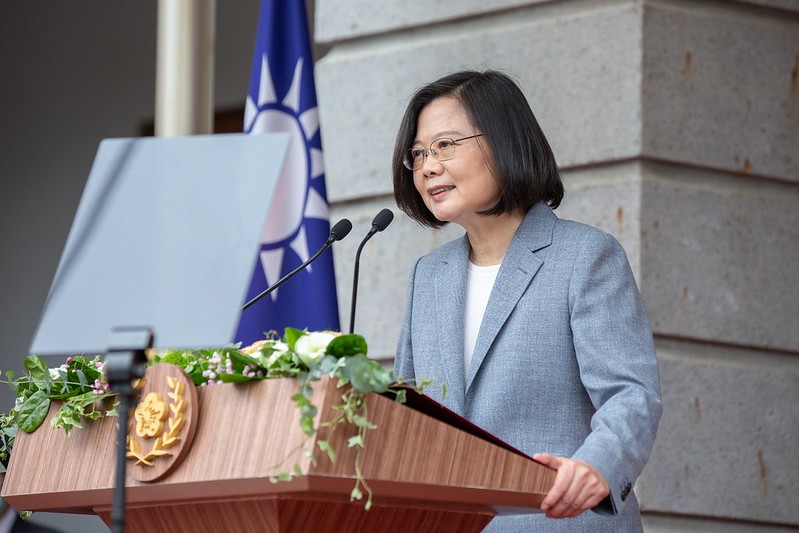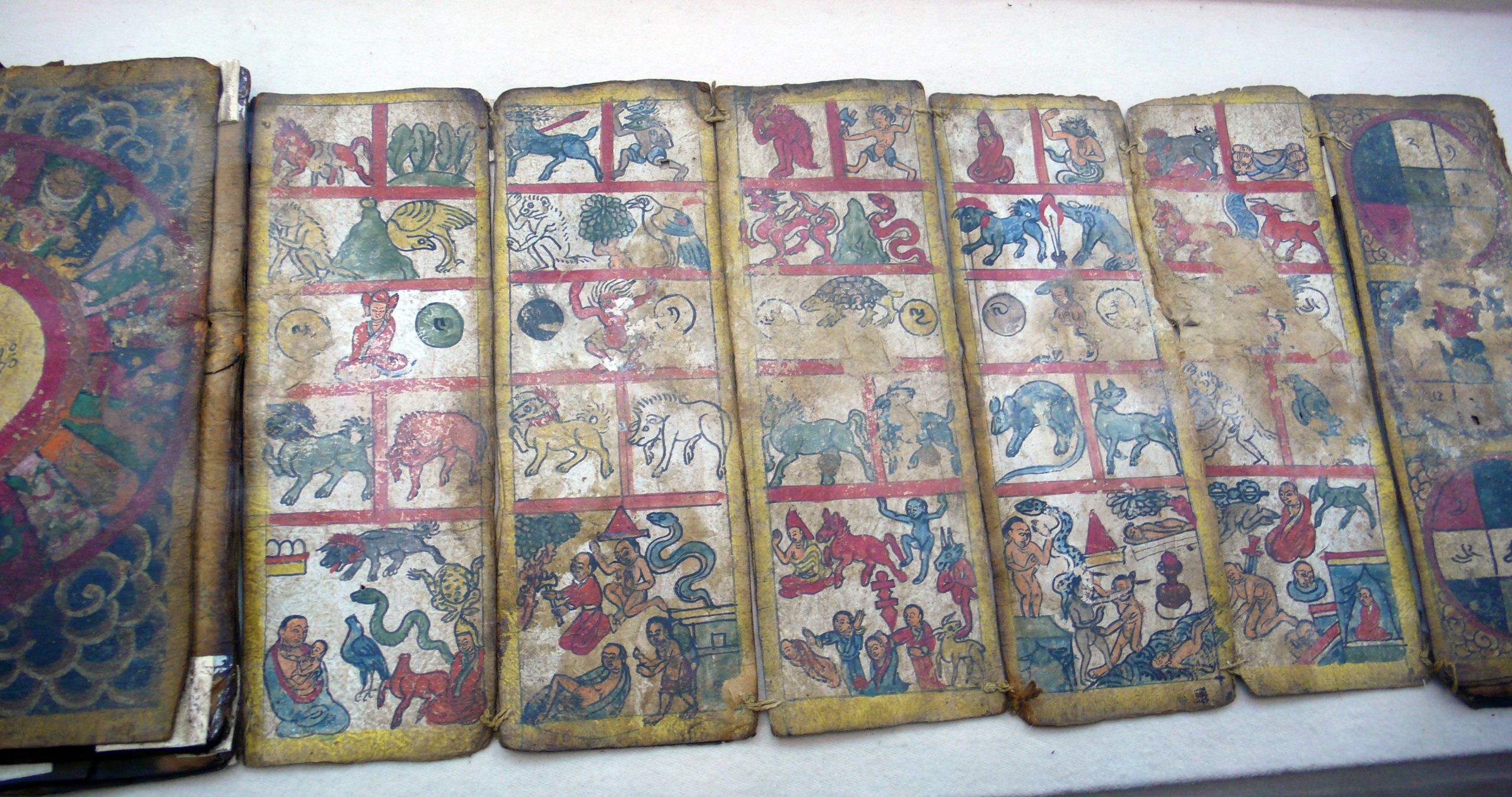
Taiwan announced recently a plan to use state funds to help Hong Kong protesters who have fled to Taiwan out of fear of prosecution at home.
Mainland Affairs Council (MAC) Minister Chen Ming-tong said a new Taiwan-Hong Kong Service and Exchange Office will be set up to provide assistance to Hong Kong residents seeking resettlement, employment, investment and study in Taiwan.
Chen said the office will open on July 1 and operate under the Taiwan-Hong Kong Economic and Cultural Cooperation Council. Only individuals who have already fled to Taiwan for political reasons can receive the benefits.
The June 18 move was widely expected after Taiwan President Tsai Ing-wen issued a directive on May 27, saying the island will create a plan to support Hong Kongers. Her directive immediately followed China’s approval of a draft national security law for Hong Kong.
Political asylum in line with law
Since Taiwan does not have a political asylum law, Chen said the humanitarian aid project will function under the authority of Article 18 of the Laws and Regulations Regarding Hong Kong and Macau Affairs.
The article states that “necessary assistance shall be provided to Hong Kong or Macau residents whose safety and liberty are immediately threatened for political reasons.”
Chen stressed that the move is not a rescue plan, but a show of support for the people of Hong Kong. “It will provide humanitarian assistance and care for Hong Kongers on a case-by-case basis in line with the existing law,” he said.
Experts say that restricting the assistance to persons already in Taiwan shows the government’s balanced position on Hong Kong; that is, it provides practical support for the protesters while avoiding touching China’s internal affairs.
Statistics produced by Taiwan’s National Immigration Agency show that 681 Hong Kong residents applied to reside in Taiwan at the height of last year’s pro-democracy protests in June and July. That was 45% more than in the same period in 2018.
China’s Taiwan Affairs Council reacted strongly on Friday. “The so-called aid project of the DPP authorities once again exposed its political plot to intervene in Hong Kong affairs and undermine Hong Kong’s prosperity and stability,” said council spokeswoman Zhu Fenglian.
She added that “the conspiracy of Taiwan and Hong Kong independence to destroy [the] ‘One Country, Two Systems’ framework and split the country will never succeed.”
Civic groups welcome move
A joint statement by several civic groups, including Taipei-based Hong Kong Outlanders and the Taiwan Association for Human Rights, applauded the move.
“We hope to work together with the Taiwan government on the humanitarian assistance project,” the statement said.
Daniel, who stormed into Hong Kong’s Legislative Council during a pro-democracy protest last July and subsequently fled to Taiwan, said that he’s pleased with the Taiwan government’s move. A Hong Konger, he asked not to use his full name for fear of retaliation from Beijing.
“This is a big milestone,” he said. “In the past, Hong Kong protesters can only resort to private organizations and NGOs for help.”
Daniel also called on the Taiwan government to be cautious in deciding who is eligible for the assistance. He said no Hong Kongers would want to see outside forces taking advantage of the project to infiltrate Taiwan.
Tsai reaffirmed her commitment to support Hong Kong on Thursday.
Referring to the special aid project in a Facebook post, Tsai wrote that “the nation will continue to employ institutional power to provide Hong Kongers with practical support and assistance.”
China’s state media Xinhua Agency said China has finished drafting the new security law for Hong Kong and that it was submitted to the standing Committee of the National People’s Congress on Thursday.
The bill covers four categories of crimes — succession, subversion of state power, local terrorist activities and collaborating with foreign or external foreign forces to endanger national security. Those categories were not further defined.
Source: VOA












